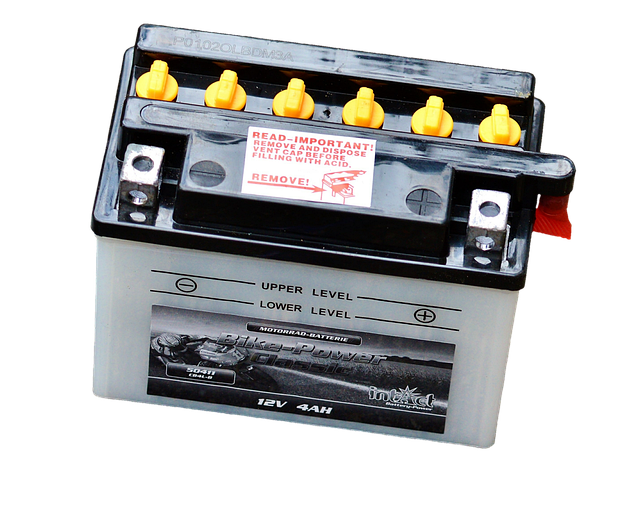Unlocking the Power: The Ultimate Guide to Battery Charging Stations
In our fast-paced world, where staying connected is more crucial than ever, the demand for reliable power sources has skyrocketed. Whether it’s for your smartphone, laptop, electric vehicle, or even backup batteries, a battery charging station has become an indispensable asset in both personal and professional settings.
What is a Battery Charging Station?
A battery charging station is a dedicated setup designed to recharge multiple batteries efficiently and safely. Unlike simple chargers, these stations often come equipped with advanced features such as fast charging, intelligent management systems, and compatibility with various battery types. They can range from compact desktop units to large-scale installations powering electric vehicles or remote devices.
Why You Need a Battery Charging Station
Imagine being able to walk into your home, office, or public space and having all your devices ready to go without hunting for individual chargers. Battery charging stations offer:
- Convenience: Charge multiple devices simultaneously from a single hub.
- Efficiency: Recharge batteries faster with optimized power delivery.
- Safety: Smart technology prevents overcharging, overheating, and prolongs battery life.
- Organization: Declutter your space by eliminating a tangle of cables and individual chargers.
Types of Battery Charging Stations
From consumer electronics to industrial applications, battery charging stations come in various forms:
- Portable Charging Stations: Ideal for outdoor enthusiasts and travelers to power up devices on the go.
- Home and Office Charging Stations: Designed for ease of use and aesthetics, often incorporating USB ports and wireless charging.
- Electric Vehicle (EV) Charging Stations: Larger, high-power stations crucial for powering the future of transportation.
- Industrial Bulk Chargers: Used in warehouses and manufacturing to maintain fleets of battery-powered equipment.
How to Choose the Right Battery Charging Station
Selecting a battery charging station depends on your specific needs. Consider the following factors:
- Battery Compatibility: Ensure the station supports the battery types and voltages you use.
- Charging Speed: Faster charging saves time but may generate more heat; balance speed with battery health.
- Portability: If you travel often, look for lightweight, compact options.
- Safety Features: Opt for stations with overcharge protection, temperature monitoring, and certifications.
- Number of Charging Ports: Match the station to the number of devices you need to charge regularly.
Future Trends in Battery Charging Stations
The landscape of battery technology and charging solutions is evolving rapidly. Emerging trends include:
- Wireless Charging Stations: Eliminating cables for a seamless power-up experience.
- Smart Charging Systems: Integrating IoT to monitor, manage, and optimize battery health remotely.
- Renewable Energy Integration: Combining solar or wind power to create eco-friendly charging stations.
- Ultra-Fast Charging: Pushing the boundaries to dramatically reduce charge times, especially for EVs.
A battery charging station is more than just a convenience; it’s a gateway to empowering your devices and embracing a connected lifestyle. Whether you’re a tech enthusiast, business owner, or everyday user, understanding and leveraging these stations can unlock unparalleled productivity and freedom.




